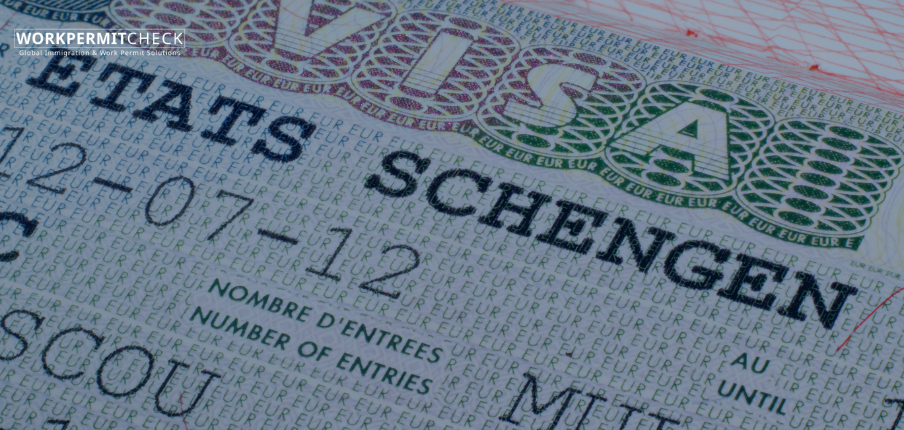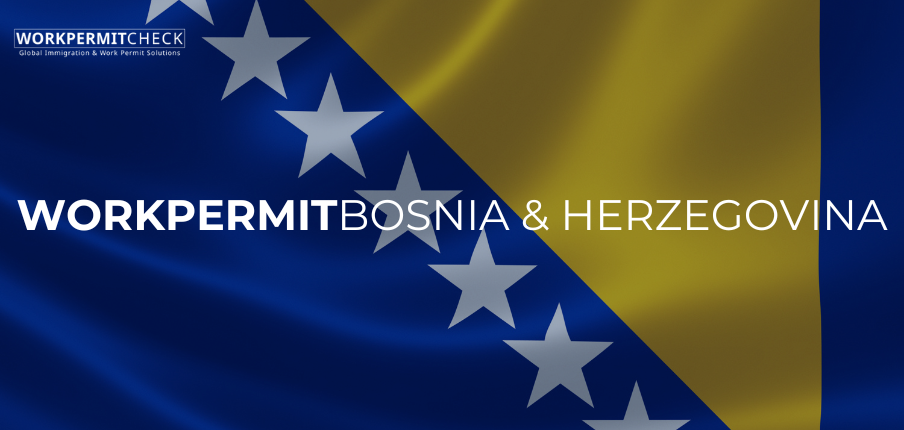Hungary has become an increasingly attractive destination for foreign professionals and skilled workers due to its strategic location in Europe, competitive labor market, and growing demand in various industries. However, not all job opportunities are open to foreign nationals. Certain occupations may be restricted or require specific permissions, especially for non-EU/EEA citizens.
This article provides a detailed overview of the types of jobs that may be restricted for foreign workers in Hungary, and the factors that influence these limitations.
1. Overview of Work Authorization in Hungary
In Hungary, the employment of foreign nationals is governed by the Labour Code and other immigration-related laws. Generally, EU/EEA and Swiss nationals enjoy the freedom to work in Hungary without the need for a work permit, while third-country nationals (non-EU/EEA) must typically obtain a work and residence permit before starting employment.
While Hungary does not publish a definitive list of jobs that are formally restricted for foreign workers, restrictions may arise due to the following:
-
National labor market protection policies
-
Positions reserved for Hungarian or EU nationals
-
Security-sensitive or government-regulated sectors
-
Language and qualification requirements
2. Key Areas Where Restrictions May Apply
a. Public Sector Jobs
Most jobs in the Hungarian public sector are restricted to Hungarian or EU/EEA citizens. These include:
-
Government administration roles
-
Law enforcement (police, immigration officers)
-
Judiciary positions (judges, prosecutors)
-
Public health authority roles
-
Certain teaching positions in state-run institutions
These restrictions are based on the principle of protecting national interests and are common across many EU countries.
b. Military and Security Services
Foreign nationals are not permitted to work in:
-
The Hungarian Armed Forces
-
National security and intelligence agencies
-
Border control and customs enforcement
Such roles require citizenship and a high level of security clearance.
c. Some Civil Service Jobs
In Hungary, civil service positions involving sensitive data, strategic national interest, or decision-making authority are generally limited to citizens of Hungary or the EU. These may include:
-
Positions in ministries and governmental bodies
-
Local municipal authority positions
-
Parliamentary or electoral commission roles
3. Skilled Trades with National Preference
Hungary has a strong tradition of protecting local employment in certain skilled or semi-skilled trades. Employers hiring foreign workers in such roles must prove that no suitable Hungarian or EU citizen is available to fill the vacancy. Examples include:
-
Construction laborers
-
Drivers (e.g., heavy goods vehicles)
-
Warehouse staff
-
Manufacturing line operators
These jobs are not explicitly restricted, but hiring foreigners requires labor market testing and administrative approval.
4. Regulated Professions
In professions where national licenses or certifications are mandatory, such as:
-
Medical doctors and nurses
-
Lawyers
-
Architects
-
Pharmacists
-
Engineers
Foreign workers may face restrictions unless they can validate their qualifications through Hungarian or EU-recognized institutions. Language proficiency in Hungarian may also be a prerequisite for some regulated professions.
5. Temporary Work and Quotas
In response to economic needs, Hungary sometimes imposes quotas or bilateral agreements for foreign labor in sectors such as agriculture or seasonal manufacturing. These are often temporary and highly regulated. Workers from outside the EU may face limits in:
-
Agricultural harvesting jobs
-
Temporary factory or assembly work
-
Food processing
These positions are typically available under specific government-led schemes or bilateral arrangements with countries such as Ukraine, Serbia, or the Philippines.
6. Employer-Specific Restrictions
In practice, employers may also impose limitations based on:
-
Lack of Hungarian language proficiency
-
Legal requirements to hire EU nationals first
-
Cost and time involved in sponsoring non-EU workers
Even if the job itself isn’t legally restricted, employers may prefer or be required to prioritize local candidates.
7. Exceptions and Opportunities
Despite these restrictions, many sectors in Hungary remain open and actively recruit international talent, especially in areas like:
-
IT and software development
-
Engineering
-
Finance and accounting
-
Shared services and BPOs
-
Healthcare (with recognized qualifications)
Some companies are also registered as preferred employers and can streamline the work permit process for foreign nationals.
Conclusion
While Hungary offers many opportunities for foreign workers, certain jobs remain restricted due to national laws, security concerns, or regulatory requirements. Understanding these limitations is crucial when planning to work in the country. Non-EU citizens should pay close attention to work permit rules, job eligibility criteria, and labor market demands before applying.
June 16, 2025



















































































